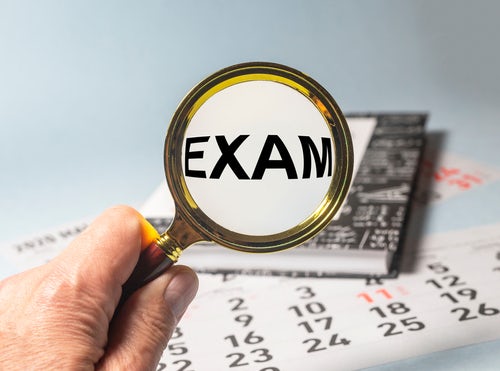The Junior Lawyers Division of The Law Society (JLD) has called for a delay in the implementation of the new Solicitors Qualification Exam (SQE), set to be introduced in 2021.
The board of the Solicitors Regulation Authority (SRA) approved the final design of the SQE last week, following the conclusion of its final pilot exercise.
But in a lengthy letter to the SRA, the JLD has set out a series of concerns, chief among which is the difficulty of the multiple choice questions (MCQs) on the exam.
The JLD says it was contacted by a number of individuals who had tested some of these sample questions on the pilot.
One paralegal with no formal legal training got a 43 per cent score on the exam having completed the first 30 questions in just half an hour.
Another paralegal with a law degree but who had not done the Legal Practice Course (LPC) completed 30 questions in the same time and got a score of 60 per cent.
Meanwhile, a candidate with a non-legal PhD but no legal training scored 73 per cent after completing the 30 questions in just eight minutes.
The JLD states: “This small number of examples produce troubling results and would suggest that the MCQs are not overly difficult, confirming the current concerns of the profession, and that the SRA is potentially setting the level of legal knowledge and/or question standard too low.”
“Feedback we received from a candidate who actually participated in the first SQE pilot was that the MCQs did not demonstrate a knowledge of the law, but more a demonstration of common sense. It was noted that a law degree teaches students not only the law, but also a way of thinking within the legal framework, to apply legal knowledge and formulate arguments. This skill is simply not assessed at SQE 1.”
“We understand that the sample questions, published in December 2019, were updated in April 2020 due to a number of errors in the first batch of samples; however we do not believe the standard of the actual questions being tested to have changed. ”
The JLD calls on the SRA to pause its application to the LSB to approve the SQE and rethink its approach to the exam to “ensure that proper pilots have been run providing conclusive data to ensure the protection of candidates and our profession. The broader legal sector must have an appropriate opportunity to comment on such pilots before any application to the LSB is made.”

























